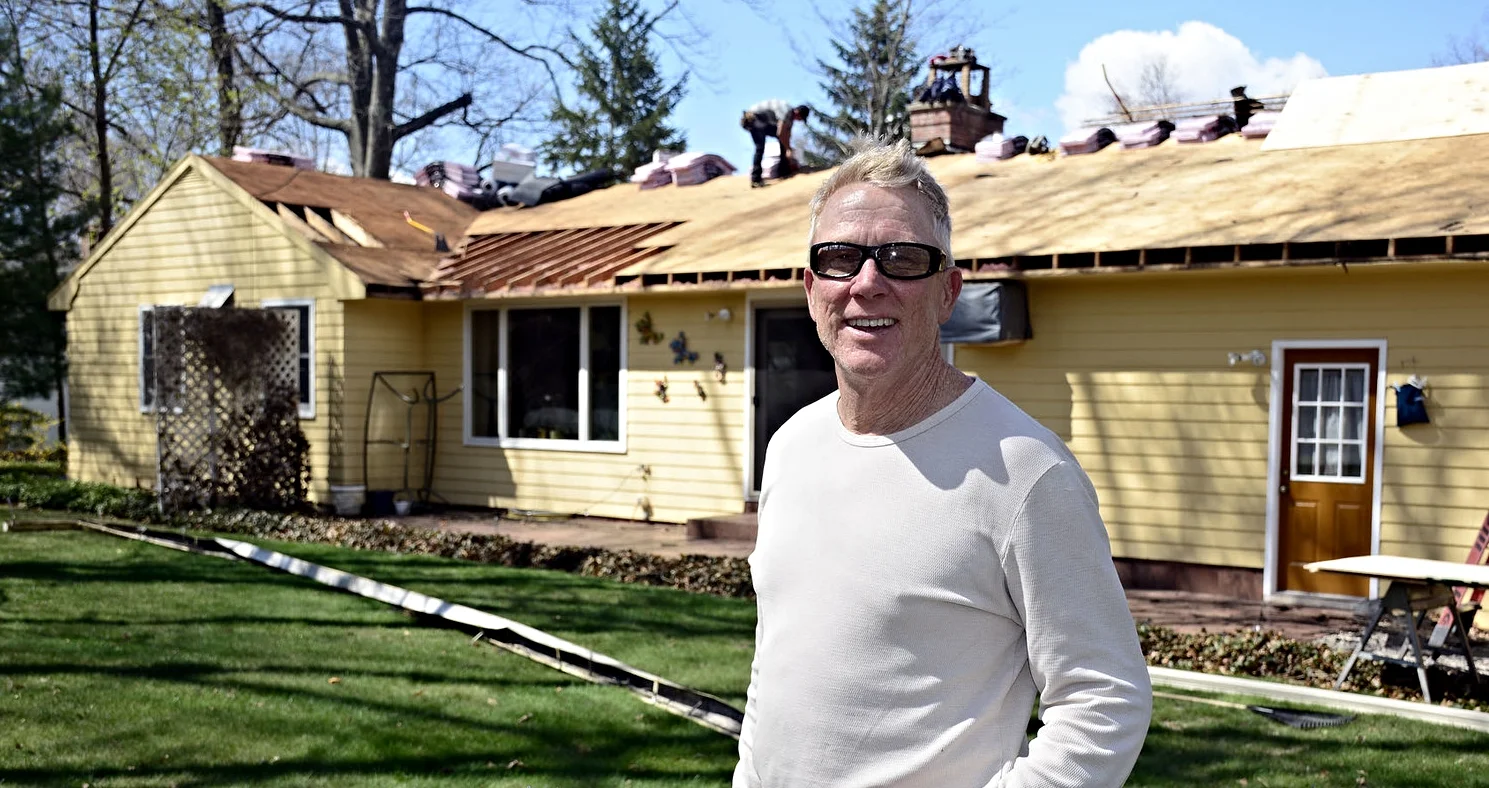Keep Critters Out By Animal-Proofing Your Attic
Chelsea O'Donnell
Dealing with an unexpected attic visitor can be incredibly frustrating. From midnight scurrying to high-pitched chattering, these uninvited guests can disrupt your peace and quiet. But it's not just about the noise—animals love the dark, secure environment your attic provides, making it a prime spot for nesting. The last thing you want is for one animal to invite their friends or, worse, start a family up there. Here are four updated strategies to keep your attic free from furry intruders:
1. Trim Back Trees
Prevent easy access by trimming trees close to your home. Squirrels and chipmunks can use overhanging branches to jump onto your roof. These critters are notorious chewers; once inside, they can cause serious damage to wiring and piping. Avoid the hassle of expensive repairs by maintaining a clear perimeter around your roof.
2. Regular Roof Inspections
Small holes and loose shingles are open invitations for animals. Ensure your roof is in top condition, paying extra attention to the areas around chimney flashing. Animals need water, and a leaky roof can provide a constant supply, making it an attractive nesting spot for rats and mice.
3. Install a Chimney Cap
Chimneys are like open doors to curious animals. Installing a simple mesh chimney cap can prevent squirrels, raccoons, and other critters from exploring your fireplace. It’s an easy, effective way to keep your home safe while maintaining proper ventilation.
4. Secure Your Vents
Vents are necessary for your home’s ventilation but can also be entry points for animals. Install vent covers to allow air to flow while keeping pests out. This simple addition can prevent mold and mildew while safeguarding your attic.
Identifying and Handling Intruders
If you suspect you already have an attic intruder, identifying the type of animal can help you take the right steps. Rats are persistent gnawers with distinct squeaks. Mice may sound louder than expected due to their rapid movements. Raccoons can be identified by their screams or hisses, while squirrels are quieter but destructive to insulation. Possums are often noted for their strong odor.
Whatever the animal, it's crucial not to let it settle in. Professional exterminators can offer solutions such as trapping, releasing, and one-way exclusion doors to ensure the animals leave without harming your home.
Bob O’Donnell is the owner of O’Donnell Bros. Inc., a Bristol-based home improvement company established in 1975. Email your questions for Bob to info@odonnellbros.com with the subject line “Ask the Pro.” All questions may be considered for publication. To contact Bob for your remodeling needs, call O’Donnell Bros. Inc. at (860) 589-5155 or visit http://www.odonnellbros.com. Advice is for guidance only.
